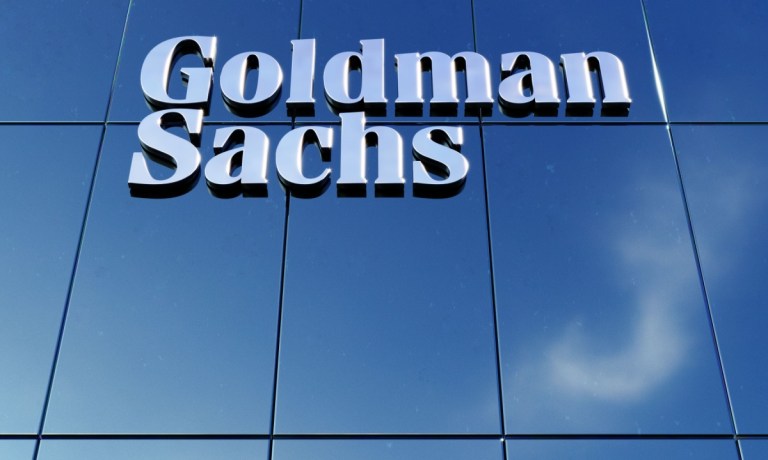
Goldman Sachs CEO David Solomon reportedly said Wednesday (Sept. 11) that the bank’s exit from its credit partnership with General Motors is no “messier” than it expected.
Solomon’s comments came during an interview on CNBC in which he was asked if the exit was messier than Goldman Sachs had hoped, Reuters reported Wednesday.
He added, per the report: “It is very unusual for people to transition credit card programs in the middle of contract periods.”
It was reported Tuesday (Sept. 10) that Goldman Sachs is facing an approximately $400 million pre-tax from the sale of its GM credit card business and a smaller, unrelated unit.
In the report, the Wall Street Journal (WSJ) characterized the banking giant’s move away from the credit card lending space as “messy” and driven by “lax underwriting standards.”
The “problematic” accounts were chiefly originated by Goldman Sachs after it took over the program from Capital One and began launching accounts in 2022, according to the WSJ report.
Average charge-offs on the Goldman-originated accounts, which make up about a third of the GM portfolio, exceed 10%, the report said. The annualized credit card charge-off rate of American commercial banks is 4.5%.
Goldman struggled to expand its GM card base and turned to third-party websites like Credit Karma to find new customers, which ended up attracting users with lower credit scores, per the report.
The card partnership has about $2 billion in balances, according to the report.
Later Tuesday, it was reported that Goldman Sachs and Barclays are seeking a deal on this portfolio of loans made to GM customers.
The deal — if it goes through — will see Goldman Sachs sell the portfolio of loans to Barclays at a discount to the value of the outstanding balances, Bloomberg reported, citing unnamed sources and adding that Goldman Sachs and Barclays declined to comment.
This potential transaction would mark another step in Goldman Sachs’ retreat from a retail banking business that saw it suffer losses and regulatory scrutiny, the report said. The bank is still working to sell the portfolio of loans tied to Apple, the other of its two credit card partnerships.